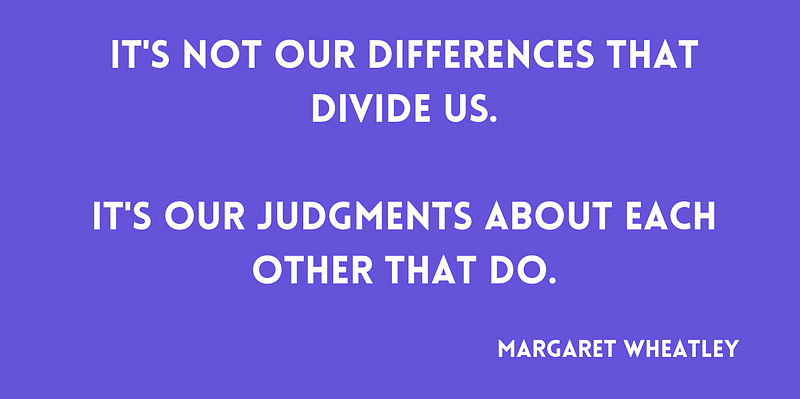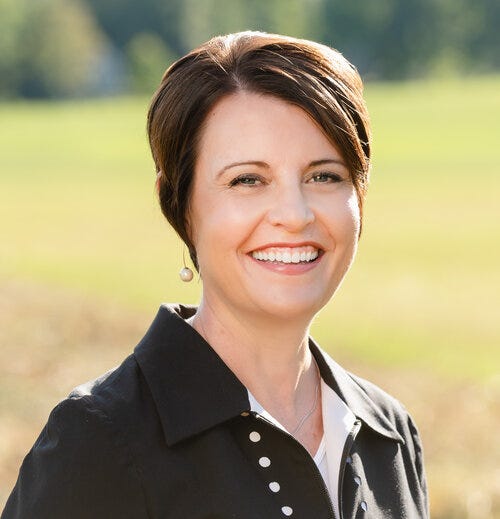
As we careen towards this year’s election, it’s impossible not to recall the tumult of November 2016. It was a moment of chaos, but also of commitments that we made — to ourselves and to one another. We made vows to learn our lesson, to combat polarization and talk to one another again.

Some of us joined one of dozens of new initiatives that sprouted in the months after the election, groups devoted to bridging divides and healing the nation. Many have earnestly undertaken the hard work of getting people to talk to one another, and more importantly listen to one another. Yet here we are again, staring down the barrel of another election even more fragmented than we were four years ago. Holed up in our homes, we have only our fears to tell us what ‘those people’ are like. It’s the dimmest dream of democracy, not really freedom, and light years from what we hoped for, no matter the name on our ballots.
The cost of withdrawing — sometimes a choice and sometimes not, as in our current reality — is real, and it is relational.
According to polls and anecdotal experience, we’ve doubled down on avoiding ‘talking politics’ with neighbors, family, even friends. And when what’s modeled on our country’s public stages is fraught at best, it’s little wonder that we tend towards our panic zones: freeze, fight, or flee.
And where has that avoidance, gotten us? Certainly not policy changes on the issues we care about; in fact, fewer and fewer people decide which issues are worthy of attention. Unless you have nerves of steel and an army of talking points, you’re not invited to this party that has come to define political discourse in the US. Instead, we size each other up by hashtags, signs or bumper stickers…and approach or avoid our neighbors accordingly.
Most of us don’t get to boil down the complicated decisions about values and resources and competing responsibilities into pithy sound bytes. We live in the gray areas in between, where tough decisions need to be made in order to keep food on the table and bills paid.
It’s the space where people yearn to tell their stories and hear what is real for others. You could call it the old-school version of ‘talking politics’ — what matters to the people. And if the last two years of LVN have shown us anything, it’s that people are desperate for a real conversation. Through more than 600 conversations held in small groups, we’ve heard stories of hopes and concerns about the impact of policing, the coronavirus on livelihoods, childcare and education, the prospects before us in this election, the challenges of finding quality health care and food, and the barriers to effective engagement with the census. Of course the national election came up in many of our conversations….but not as many as you might think. Instead, people shared concerns and hopes about their local communities, their families, and their livelihoods.
Those 2016 commitments to the future are not broken, though our country has changed. We lived those promises when we brought groceries to a neighbor we didn’t really know, or smiled at a scared-looking kid through a mask. Ultimately, our neighbors will still be our neighbors regardless of the outcome of this year’s election. They will still be complex, sometimes contradictory, just as we all are. We strengthen our communities and our nation by making space for understanding, problem solving, and respect.
The challenge before us, the real battle after this election as we wait for results to be finalized is not to take up arms in the civil war that some are calling for from the fringes. It is to turn to one another to create the voice of the majority of people in this country and rise up to reclaim our connections in conversations that can forge new possibilities. As we build relationships, we build trust, and as we build trust we open up the power of creative problem solving. Together. It’s not flashy, it’s not easily Tweetable, but it’s real. And in the face of the alternatives, conversation and community problem solving is revolutionary. It’s the way we reclaim power, voice and agency in this ongoing experiment of democracy. Let’s get to work.
